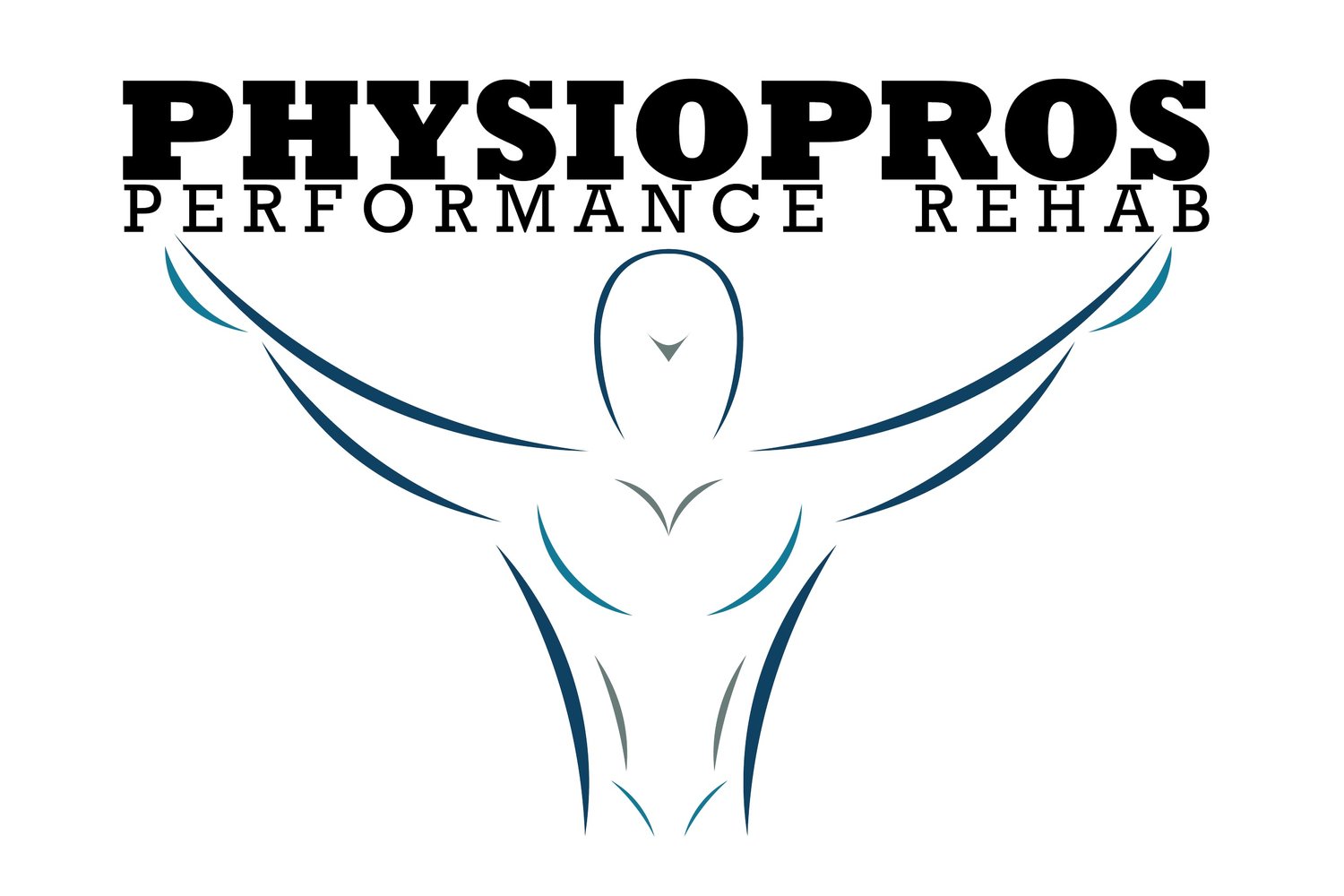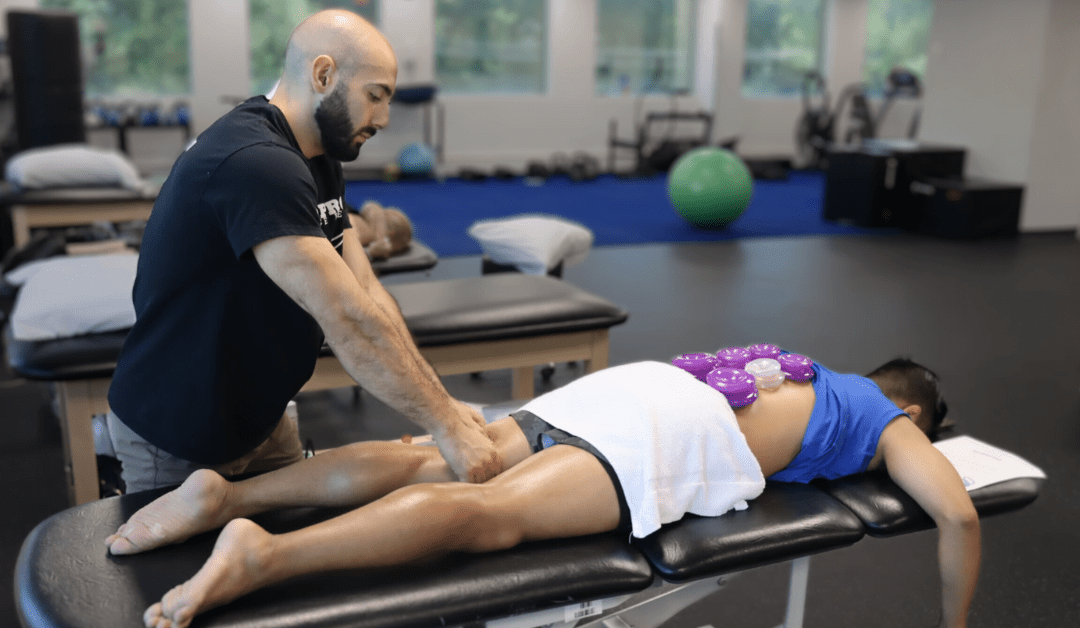Whether you’re a beginner training for your first 5K or a seasoned marathoner aiming for a personal best, running can be both incredibly rewarding and challenging. At Physiopros Performance Rehab, we understand that runners of all levels face unique hurdles, from nagging injuries to performance plateaus. That’s where physical therapy comes in.
Physical therapy isn’t just for those who are already injured. It’s a powerful tool that can help prevent injuries, speed up recovery, and optimize your overall performance. In this post, we’ll dive into the many benefits of physical therapy for runners, exploring how our specialized techniques can help you stay healthy, run stronger, and achieve your personal running goals. Let’s get started!
Injury Prevention
Injury prevention is crucial for runners, whether you’re just starting out or have been hitting the pavement for years. Here, at Physiopros Performance Rehab, we know that even minor injuries can set you back for weeks or even months. That’s why our focus is on keeping you running safely and consistently.
So, how does physical therapy help with injury prevention? Our experienced therapists perform a comprehensive assessment of your gait, running form, and muscle imbalances to identify any potential risk factors before they become problems. By understanding how your body moves, we can pinpoint weak areas, poor alignment, or bad habits that might be putting extra strain on your muscles and joints.
We then develop a personalized program designed to strengthen these weak areas, improve flexibility, and correct your running mechanics. This may include exercises to build core strength, targeted stretches to improve flexibility, or even advice on proper footwear. These proactive strategies can help prevent common running injuries, like shin splints, IT band syndrome, and runner’s knee, keeping you on the track, trail, or road, longer and stronger.
By addressing these issues early on, physical therapy helps you run with greater confidence, reduce your risk of injury, and maintain a consistent training routine. After all, the best way to recover from an injury is to prevent it from happening in the first place!
Faster Recovery from Injuries
Injuries can happen to any runner, regardless of experience or fitness level. Whether it’s a stress fracture, achilles tendinitis, or plantar fasciitis, these setbacks can be frustrating and painful. But with the right approach, you can bounce back stronger and faster than ever. We specialize in helping runners recover quickly and safely through personalized physical therapy.
So, how does physical therapy speed up recovery? It all starts with a thorough evaluation of your injury and overall biomechanics. Our therapists then create a customized treatment plan tailored to your specific needs, focusing on reducing pain, restoring mobility, and rebuilding strength. This often includes a combination of manual therapy to relieve tight muscles and improve joint function, targeted exercises to rebuild strength and flexibility, and advanced techniques like dry needling or cupping to promote healing.
Physical therapy also focuses on correcting any underlying issues that may have contributed to your injury in the first place, such as poor form, muscle imbalances, or overtraining. By addressing these factors, we help you avoid re-injury and build a stronger foundation for future running.
Why does this matter for runners? Faster recovery means you spend less time on the sidelines and more time doing what you love. Our goal is to get you back to your training routine as quickly and safely as possible, so you can continue progressing toward your running goals with confidence.
Enhancing Strength and Flexibility
Strength and flexibility are key components of a successful running routine. While many runners focus primarily on logging miles, neglecting strength and flexibility can lead to imbalances and injuries. At Physiopros, we emphasize the importance of building a strong, flexible body that can handle the demands of running, whether on the track, trail, or road.
How does physical therapy help enhance strength and flexibility? Our therapists design personalized strength training programs that target key muscle groups used in running, such as the glutes, hamstrings, calves, and core. These exercises improve muscle power, endurance, and joint stability, all of which are essential for maintaining good running form and preventing injuries. Additionally, we incorporate resistance training and functional movements that mimic the demands of running, helping you build strength in a way that translates directly to better performance on your runs.
Flexibility is equally important. Tight muscles can restrict movement, cause imbalances, and lead to injuries. We guide our patients through targeted stretching routines and mobility exercises that help improve flexibility in critical areas like the hips, hamstrings, and calves. This not only helps reduce muscle tightness and discomfort but also allows for a greater range of motion, making every stride smoother and more efficient.
What’s in it for runners? Enhanced strength helps you power through tough runs, tackle hills, and maintain your form over longer distances, while improved flexibility helps prevent muscle strains and joint pain. By combining both strength and flexibility training into your routine, you’ll be better equipped to handle the physical demands of running, recover faster, and ultimately enjoy a more balanced and injury-free running experience.
Conclusion
At Physiopros, we understand that running is more than just a sport. It’s a passion and a way of life. Whether you’re a novice runner just starting out or a seasoned athlete chasing your next big goal, physical therapy can play a crucial role in enhancing your running experience. From preventing injuries and speeding up recovery to improving your running form and boosting strength and flexibility, the benefits are numerous and significant.
By incorporating physical therapy into your routine, you’re not just investing in your current performance, but also in your long-term health and running success. Our tailored approaches ensure that each runner receives the personalized care and support they need to stay on track, overcome challenges, and achieve their personal best.
Ready to take your running to the next level? Contact us at Physiopros Performance Rehab and call us at 973-265-8621 or book a consultation online to learn how our specialized physical therapy services can help you run stronger, recover faster, and stay injury-free. Let’s work together to make every mile count and help you reach your running goals with confidence and ease. Also, make sure to check out our Instagram and Facebook.
FAQ
What is physical therapy for runners?
Physical therapy for runners involves a range of treatments and exercises designed to prevent injuries, improve running form, and enhance overall performance. It includes assessments of your gait and biomechanics, personalized exercise programs, and techniques to address any muscle imbalances or weaknesses.
When should a runner see a physical therapist?
You should consider seeing a physical therapist if you experience persistent pain or discomfort while running, have had a recent injury, or are looking to improve your running form and efficiency. It’s also beneficial for injury prevention and optimizing performance.
Can physical therapy help even if I’m not injured?
Absolutely! Physical therapy can be a proactive way to prevent injuries and improve your running performance. It helps identify and address potential issues before they become serious, and it provides strategies to enhance strength, flexibility, and overall running efficiency.
How often should runners do physical therapy exercises?
The frequency of physical therapy exercises can vary based on individual needs and goals. Generally, we recommend incorporating exercises into your routine 2-3 times a week, alongside your regular running schedule. Your physical therapist will provide guidance tailored to your specific situation.
What should I expect during a physical therapy session for runners?
During a physical therapy session, you can expect a thorough evaluation of your running form, gait analysis, and an assessment of your overall physical condition. The session may include manual therapy, targeted exercises, and advice on injury prevention and performance enhancement. Your therapist will work with you to develop a plan that addresses your individual needs and goals.

